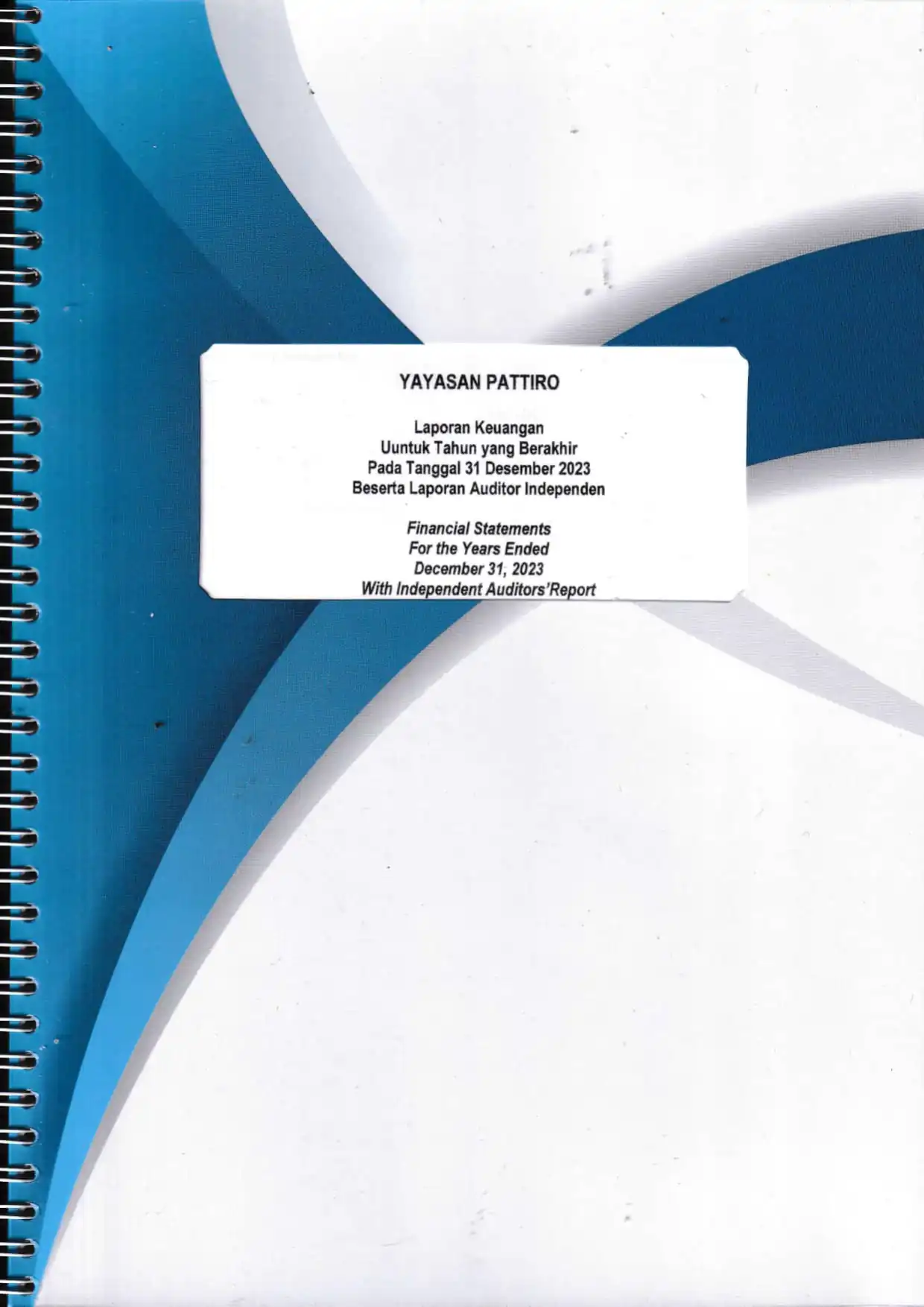 Jakarta, 1 May 2015 – The implementation of Law Number 14 of 2008 concerning openness of public information is 5 years old on 30 April 2015. However, the government’s achievements in implementing the KIP Law are still far from what has been targeted.
Jakarta, 1 May 2015 – The implementation of Law Number 14 of 2008 concerning openness of public information is 5 years old on 30 April 2015. However, the government’s achievements in implementing the KIP Law are still far from what has been targeted.
According to data from the Directorate General of Public Information and Communication, on February 11 2015, of around 694 public bodies, only 49.2 percent had an Information and Documentation Management Officer (PPID). This low achievement does not only occur at the regional government level, but also at the state institutional level. Of the 497 districts/cities in Indonesia, only 234 districts have PPID or still less than 53 percent, while only 33.3 percent of State Institutions/Ministerial Level Institutions/LNS/LPP have PPID. Moreover, only 28 percent of district/city governments have websites that provide public information on regional financial management as instructed by the Minister of Home Affairs Instruction No. 188.52/1797/SC/2012 of 2012 concerning transparency in regional budget management.
Executive Director of the Center for Regional Research and Information (PATTIRO), Sad Dian Utomo, said the government should be more serious in dealing with this openness issue. “PPID’s role in encouraging openness of public information is very important. The formation of PPID in public bodies is only the initial stage of efforts to realize transparency in state administration. “If the formation process is still problematic, how can transparency in government be realized,” said Sad Dian in a press statement, in Jakarta, 1 May 2015.
In fact, Sad Dian added, transparency of public bodies aims to increase the quality of services to the community, business and industry players, efficiency, especially administrative costs incurred by both the government and stakeholders, community participation in the process of democratic public policy making, and public trust in government administrators.
PATTIRO is concerned that problems with the implementation of the KIP Law in Indonesia will increase with the decline in the flow of village funds from the central government to village governments. “With the reduction of village funds, public awareness of the role of villages as public bodies is increasing. This means that the village’s role in managing and providing information to the community must also be increased. “And that means, the village government must carry out the mandate of the KIP Law properly and correctly,” said Sad Dian.
However, Sad Dian explained, the village government must be careful in implementing the KIP Law in the village. On the one hand, the KIP Law was created to protect every citizen’s right to know and obtain public information produced and managed by public bodies, including villages. However, on the other hand Law no. 6 of 2014 concerning Villages prioritizes the principle of recognition, village recognition and the institutions that have developed in the village, including the tradition of openness that exists in the village. Apart from that, the Village Law itself also regulates the rights of village residents to obtain information regarding village development and governance from the planning to accountability stages.
This means that the public information service system in the village cannot be equated with the public bodies that have been established with strict PPIDs and standard operating procedures (SOP) for services. For example, in making a list of public information. If we refer to the KIP Law, it is sufficient to create a list of public information with PPID superiors, in this case the village head. However, Sad Dian suggested that the mechanism for determining public information lists in villages should utilize existing social capital such as village deliberations. “The village meeting did not determine a list of public information, but socially agreed on the types of information that were excluded from being determined by the village head,” said Sad Dian.
In its implementation, Public Information Openness in villages must not have the character of “colonizing” villages. The system that is built must be combined with positive local village traditions and wisdom in encouraging openness of public information. It is hoped that openness and transparency can increase village community participation in implementing village development and governance so that it is effective and provides benefits to the community.




